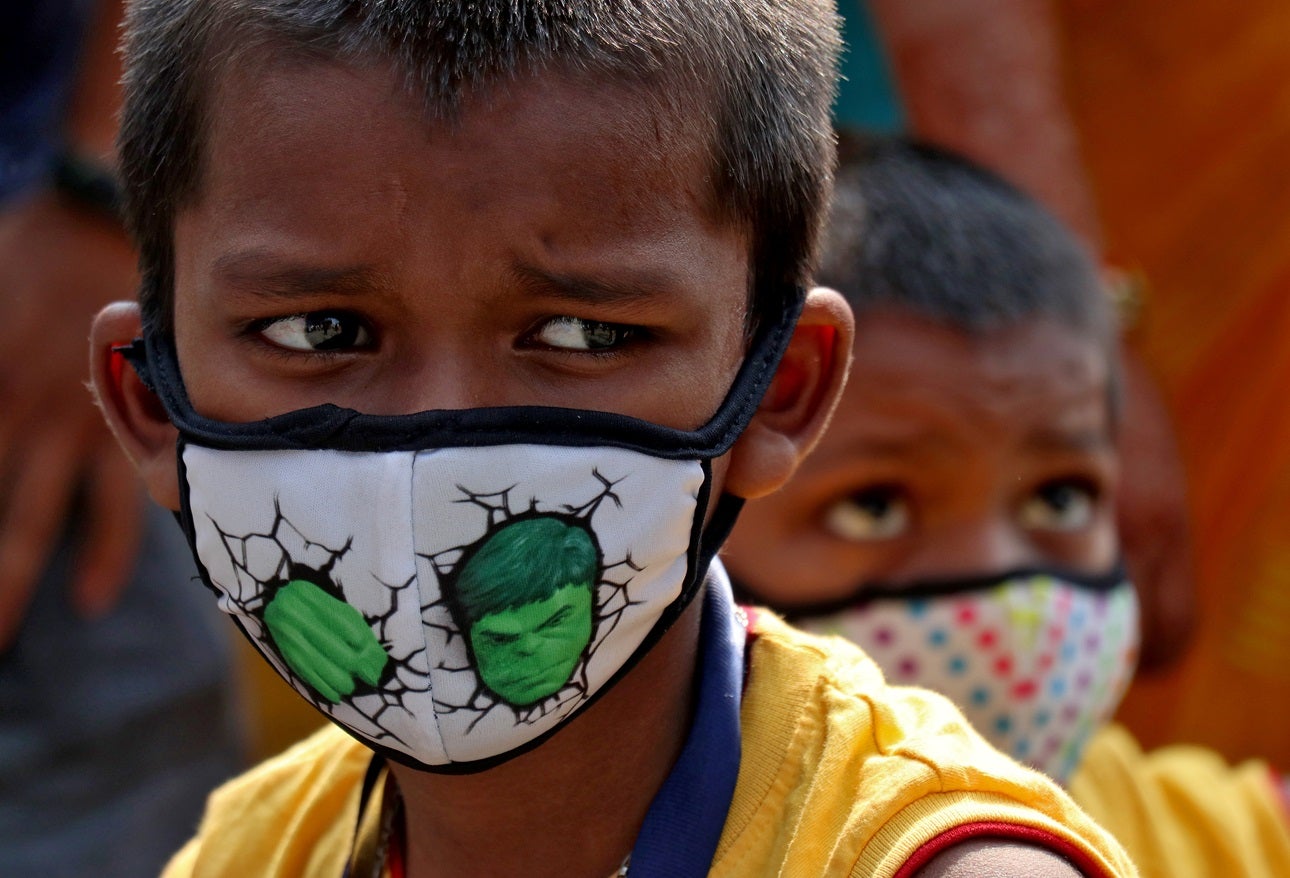COVID-related impacts could add 283,000 child deaths in LMICs: forecast
Researchers from the Standing Together for Nutrition Consortium projected the impacts of pandemic-related disruptions on child stunting, wasting, and mortality in 118 LMICs over a three-year period

COVID-related economic crises and food and health systems disruptions could lead to an additional 283,000 child deaths in low- and middle-income countries between 2020 and 2022 in the absence of immediate action, mostly in South Asia and sub-Saharan Africa, researchers say.
In a study published in Nature Food, multi-disciplinary researchers from the Standing Together for Nutrition Consortium estimated the impacts of pandemic-induced disruptions on child stunting, wasting and mortality, maternal anemia, and children born to women with a low body mass index in 118 LMICs over the three-year period. They also tried to determine the cost of interventions to mitigate any negative consequences.
Using three different modeling tools, the researchers concluded the knock-on effects of the pandemic would substantially worsen undernutrition and child mortality in LMICs. Decreases in per capita gross national income could result in an additional 13.6 million wasted children with high risks of death during the period, which, they forecast, marked “quite a large increase relative to the 47 million wasted children reported in 2019.” The researchers also suggested there could be an additional 4.8 million women afflicted with maternal anemia due to the pandemic, which would result in a productivity loss of US$177 million.
Additionally, reductions in nutrition services and increases in household food insecurity could add 3.6 million stunted children by 2022, compared to the estimated 144 million in 2019, which would “effectively reverse the past year or two of progress.” These two factors alone, they said, could lead to an 283,000 additional deaths of children under five by 2022.
Along with the increases in child stunting, these deaths would lead to future productivity losses of almost US$44 billion, and further set back the “already insufficient” progress towards achieving Sustainable Development Goal 2 of eliminating hunger and all forms of malnutrition by 2030, they said.
The authors said an additional US$1.7 billion per year to scale up nutrition interventions was needed to help prevent these deaths and other impacts – and that’s only if governments and donors continue to make nutrition a priority, and use new and existing resources efficiently.
“Without swift and strategic responses by subnational, national, regional and international actors, COVID-19 will not only reverse years of progress and exacerbate disparities in disease, malnutrition and mortality, but will also jeopardize human capital development and economic growth for the next generation,” they said.
“We must act now to strengthen the delivery of policies and both direct and indirect nutrition interventions across health, food and social protection systems, both in the immediate and long term,” the authors added, "while calling for additional overseas development assistance and domestic funding, as well as better use of existing resources."
The authors added that “recent evidence from countries that have achieved notable improvements in childhood stunting reinforce the hypothesis that in order to achieve global nutrition targets, policies and interventions addressing economic and food systems drivers of nutrition are as important as those through health systems.” Specifically, they noted the importance of building resilient health systems and having high-fidelity data to deliver support where it’s needed the most; ensuring social protection programs direct resources to those most in need and offer reliable coverage to address all forms of malnutrition; and ensuring food systems are shock-resistant and promote a nutritious diet that is market-sustainable.
The Standing Together for Nutrition Consortium is a multidisciplinary coalition of nutrition, economics, food and health system experts, currently consisting of 51 individuals from 32 organizations in high-income countries and LMICs working to address the scale and reach of COVID-19-related nutrition challenges.
This article has been updated to reflect the Standing Together for Nutrition Consortium's latest projections.
